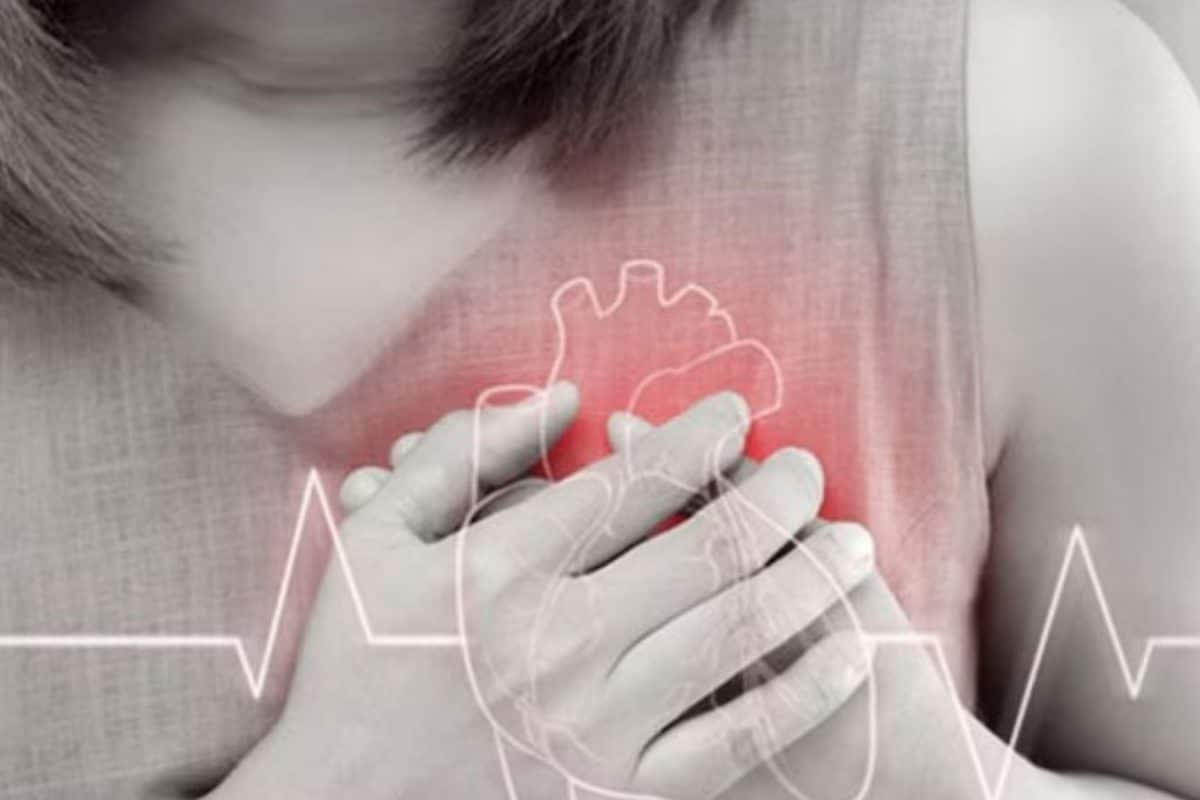

The recent closure of the catheterization laboratory (Cath Lab) at the Hassan Institute of Medical Sciences (BRIMS) in Karnataka has triggered widespread outrage, particularly amidst a concerning rise in heart attack cases in the region. This critical facility, essential for diagnosing and treating heart conditions, including performing emergency angioplasties, has been shut down due to reported infrastructure issues and a shortage of essential equipment.
The sudden closure has left many in the Hassan district vulnerable, especially those requiring urgent cardiac interventions. Heart attacks demand immediate medical attention, and a fully functional Cath Lab is vital for providing timely treatment, which can significantly improve patient outcomes and reduce mortality. The absence of this facility forces patients to seek treatment in other cities, often facing delays that can be life-threatening.
Local healthcare activists and concerned citizens have voiced strong criticism against the BRIMS administration and the state government for allowing such a crucial service to lapse, especially when the need for cardiac care is escalating. They argue that the closure reflects a lack of foresight and inadequate healthcare planning, potentially endangering the lives of many residents.
The rise in heart attack cases in Karnataka, and specifically in the Hassan region, is attributed to various factors, including lifestyle changes, dietary habits, increased stress levels, and a lack of awareness about preventive measures. With a growing number of people at risk, the closure of the Cath Lab has exacerbated the crisis, creating a significant gap in the healthcare infrastructure.
The situation demands immediate action from the government and hospital authorities. There is an urgent need to address the infrastructure issues, procure the necessary equipment, and ensure that the Cath Lab is reopened as quickly as possible. In the interim, establishing a streamlined referral system to other hospitals with functioning Cath Labs is crucial to minimize delays in treatment for heart attack patients. Furthermore, public health campaigns to raise awareness about heart disease prevention and early detection can play a vital role in mitigating the impact of this healthcare crisis. The closure of BRIMS's Cath Lab serves as a stark reminder of the importance of investing in and maintaining essential healthcare facilities, particularly in regions where access to specialized medical care is already limited.